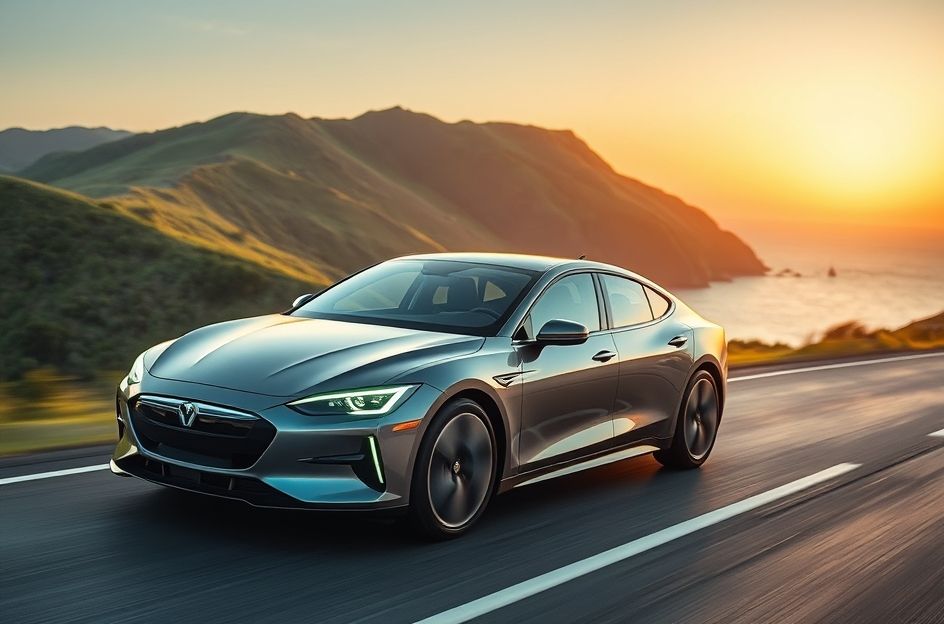With growing environmental concerns and fluctuating fuel costs, hybrid vehicles have become increasingly popular. But what exactly is a gas-electric hybrid, and is it the right choice for your needs? This guide explores the key aspects of hybrid technology to help you make an informed decision.
A hybrid car combines an internal combustion engine (usually gasoline) with an electric motor and a battery pack. The electric motor assists the gasoline engine, reducing fuel consumption and emissions. The battery stores energy captured from regenerative braking and the engine itself, powering the electric motor.
Popular hybrid models include the Toyota Prius, Honda Civic Hybrid, Ford Escape Hybrid, Honda Accord Hybrid, and Honda Insight. These vehicles offer significantly better fuel economy compared to traditional gasoline-powered cars.
While hybrid vehicles offer savings at the pump, it’s important to consider the overall cost. Hybrids often have a higher initial purchase price compared to their gasoline-only counterparts. Additionally, specialized components, such as the battery pack and electric motor, may result in higher repair costs. Finding qualified mechanics experienced in hybrid technology is also crucial for maintenance and repairs.
Performance-wise, some hybrid models may prioritize fuel efficiency over raw power. Acceleration may not be as brisk as comparable gasoline-powered vehicles. However, hybrid technology is constantly evolving, with newer models offering improved performance and efficiency.
Hybrid technology is continually advancing. As the technology matures, improvements in battery technology, electric motor efficiency, and overall vehicle design are expected. Carefully weigh the pros and cons before deciding if a hybrid vehicle aligns with your lifestyle and budget.
